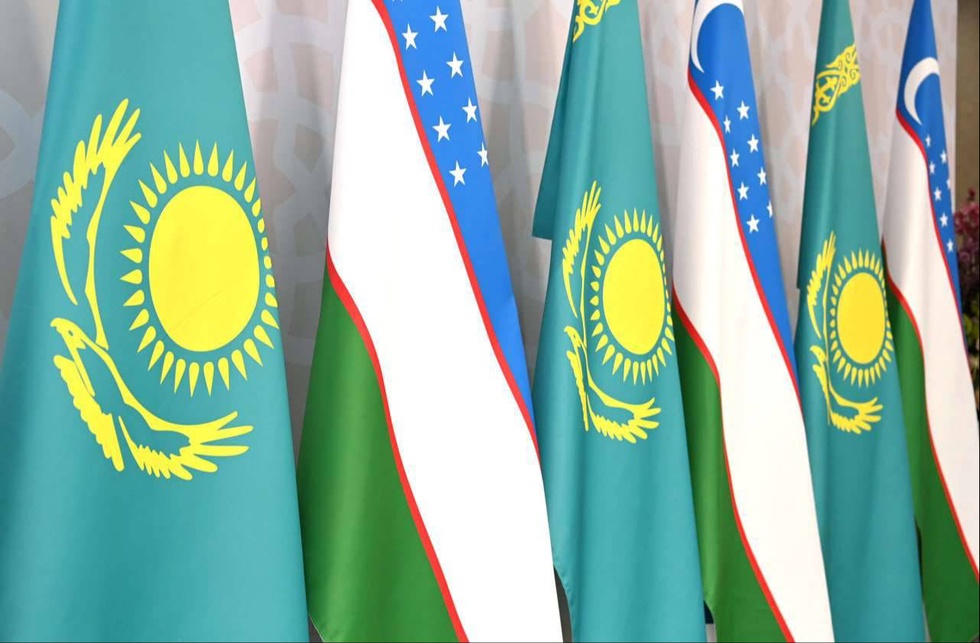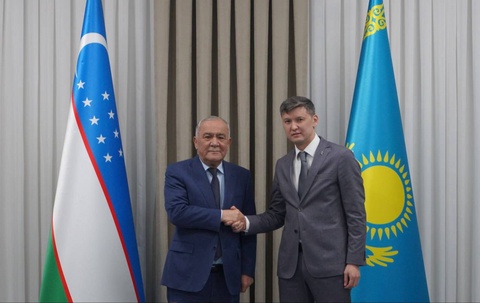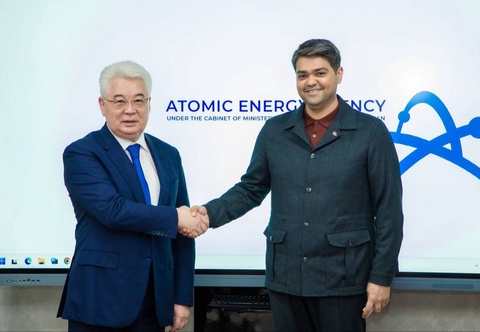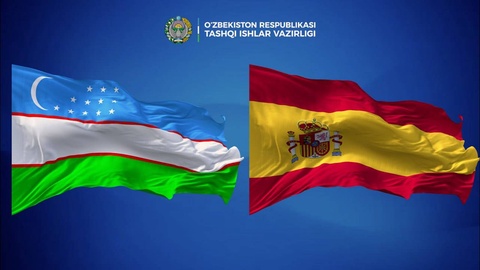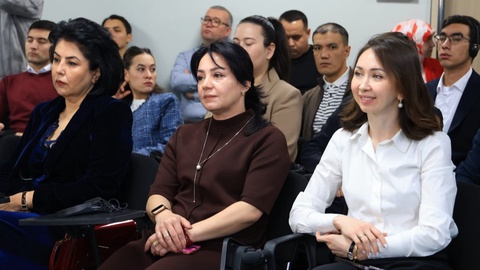The agreement signed by the heads of the two states on December 22, 2022 in Tashkent is aimed at expanding cooperation in the political, trade and economic, transit and transport, energy, cultural and humanitarian spheres, in the field of civil defense and energy, and also provides for strengthening cooperation in the international arena, Kazpravda.kz reports with reference to the press service of the President of the Republic of Kazakhstan.
The parties, in accordance with the provisions of the treaty, contribute to strengthening ties between parliaments, political parties and public organizations of the two states.
According to article 4 of the treaty, the parties establish a Supreme Interstate Council headed by the heads of State. Coordination of the activities of the Supreme Interstate Council is entrusted to the Council of Foreign Ministers.
The parties closely cooperate in the fields of foreign policy, defense and security, in countering new challenges and threats to security, including international terrorism, religious extremism and separatism, transnational organized crime, cybercrime, illegal migration, human trafficking, illicit trafficking in weapons, narcotic drugs, psychotropic substances and their precursors, and others.
"The allied relations between the Republic of Kazakhstan and the Republic of Uzbekistan are built on the basis of comprehensive cooperation, trust, equality and mutual consideration of national interests, mutual respect for independence, sovereignty, territorial integrity and inviolability of state borders of the parties, as well as conscientious fulfillment of mutual obligations. The ratification of the treaty will bring Kazakh-Uzbek relations to a new level of interaction, bilateral cooperation, as well as sustainable economic development of the two states," the document concludes.


